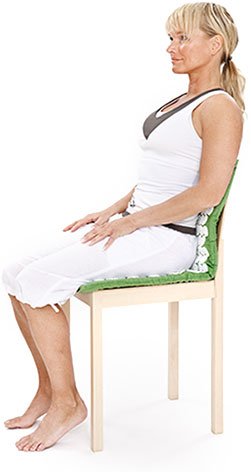
Scientists found that limiting the time we spend sitting to just three hours a day could add an extra two years to our life expectancy.
Similarly, if we cut daily TV viewing down to two hours we could add on 1.4 years, they say in a report for the online journal BMJ Open.
But experts say the US estimates, which are based on five separate population studies, are too unreliable to predict personal risk.
Plus the targets are unfeasible.
Prof. David Spiegelhalter, an expert in risk calculations at the University of Cambridge, said: “This is a study of populations, and does not tell you personally what the effect of getting off the sofa might be.
“It seems plausible that if future generations moved around a bit more, then they might live longer on average.
“But very few of us currently spend less than three hours sitting each day, and so this seems a very optimistic target.”

Adults are advised to do at least two-and-a-half hours of moderate-intensity aerobic activity such as cycling or fast walking every week, as well as a couple of sessions of muscle-strengthening exercises like lifting weights or digging in the garden.
But even if you do this recommended amount, you may still be sedentary – for example, if you work in an office you may spend most of your working day sitting.
A growing body of evidence suggests the more time we spend sitting, the less healthy we may be.
Several studies have linked sitting and television viewing to conditions like diabetes and heart disease as well as an increased overall risk of death from any cause.
But finding a link is not the same as proving one thing actually causes the other.
And although this latest piece of research does not claim to be proof, the researchers themselves acknowledge there are flaws that make its findings less than reliable.
The work looked at a large sample of people – almost 167,000 in total – but did not scrutinize the different lifestyles these individuals led.
It is not clear how many of these people were less healthy to begin with and who, therefore, might spend more time sitting down as a result.
And the studies relied on the participants accurately recalling and reporting how much time they spent lounging around.
Dr. Peter Katzmarzyk and Prof. I-Min Lee who carried out the review stress that their estimates are theoretical.
But given that the adults in their research spent, on average, half of their days sitting “engaged in sedentary pursuits”, the findings could provide an important public health warning.